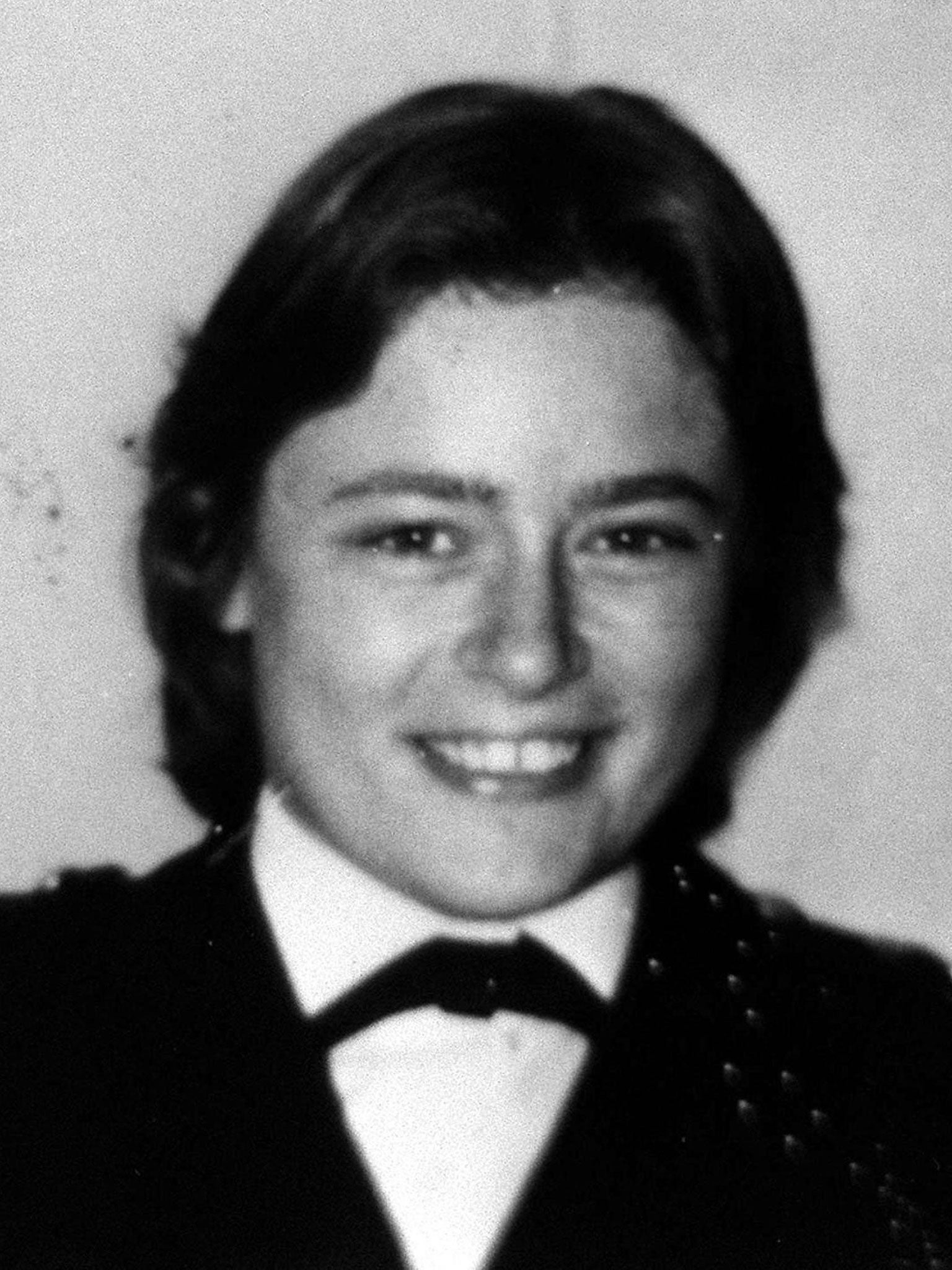National Archives release: Libya warned Foreign Office of embassy violence ahead of Yvonne Fletcher murder

Your support helps us to tell the story
From reproductive rights to climate change to Big Tech, The Independent is on the ground when the story is developing. Whether it's investigating the financials of Elon Musk's pro-Trump PAC or producing our latest documentary, 'The A Word', which shines a light on the American women fighting for reproductive rights, we know how important it is to parse out the facts from the messaging.
At such a critical moment in US history, we need reporters on the ground. Your donation allows us to keep sending journalists to speak to both sides of the story.
The Independent is trusted by Americans across the entire political spectrum. And unlike many other quality news outlets, we choose not to lock Americans out of our reporting and analysis with paywalls. We believe quality journalism should be available to everyone, paid for by those who can afford it.
Your support makes all the difference.British diplomats were warned twice in the hours before the murder by a Libyan gunman of police officer Yvonne Fletcher of possible violence outside the country’s London embassy, according to newly-released government files.
Documents made public by the National Archives show that Libyan officials in both Tripoli and London warned they would “not be answerable for the consequences” if a planned protest against the regime of Muammar Gaddafi in central London went ahead on 17 April 1984.
WPC Fletcher, who was 25, died when a gunman inside the embassy - known as the Libyan People’s Bureau - opened fire with a submachine gun on demonstrators and police in St James’s Square. Ten others were injured in the shooting.
British officials interpreted the warnings as routine Libyan bluster. With unfortunate candour, Britain’s ambassador to Libya cabled back to London that he had made a bet with a Gaddafi regime official that nothing would come of the demonstration.
The envoy, Oliver Miles, was summoned to the foreign ministry in Tripoli shortly after midnight on 17 April and had a prepared text read to him by an official.
Mr Miles telegraphed back to the Foreign Office that he had been told: “The Libyan government would not be responsible for the consequences if the demonstration took place and they might include violence.”
More freshly released information from the National archives:
Noting that another Libyan official had seemed unimpressed by the warning, the diplomat added: “I made a bet with him that no such demonstration will take place. Grateful to know the outcome.”
In a separate incident in London, two officials from the People’s Bureau arrived at the Foreign Office itself to deliver a note in almost identical terms.
The duty officer who received the note later said the threat had been regarded as a “standard Libyan line” but had nonetheless contacted Scotland Yard and the Home Office to alert them to the incident.
The murder of the young police constable on a London street sealed Libya’s status as a pariah state and provoked a tense stand off in which the occupants of the embassy were eventually allowed to leave Britain under rules of diplomatic immunity.
The documents show that the British authorities had been aware of the increasing threat posed by the bureau after it was taken over by a group of “revolutionary students”. One memo said the mission “may have assassins at its disposal and stocks of weapons”.
Despite public outrage at the murder, Prime Minister Margaret Thatcher was quick to accept that the Vienna Convention meant Britain would have to let the killer go.
While demanding that the diplomatic protocols be reviewed to allow intervention after “gross abuse” of privileges, Mrs Thatcher and other senior ministers were more concerned to avoid retaliation against British diplomats in Libya than worrying about the killers smuggling their weapons back out of London.
A note of a conversation between her and Home Secretary Leon Brittan said: “The Home Secretary said that arguably we should not be too concerned if the Libyans used the device of the diplomatic bag to take their arms and explosives out of the country. We had after all already accepted that we would have to allow a murderer to go free. The Prime Minister did not dissent from this view.”
Despite visits to Libya by British police following the fall of Colonel Gaddafi and the reported identification of a chief suspect, efforts to make an arrest for the murder have so far come nought.
Join our commenting forum
Join thought-provoking conversations, follow other Independent readers and see their replies
Comments